8 common home renovations and how much they will cost
What to budget for these top home improvements
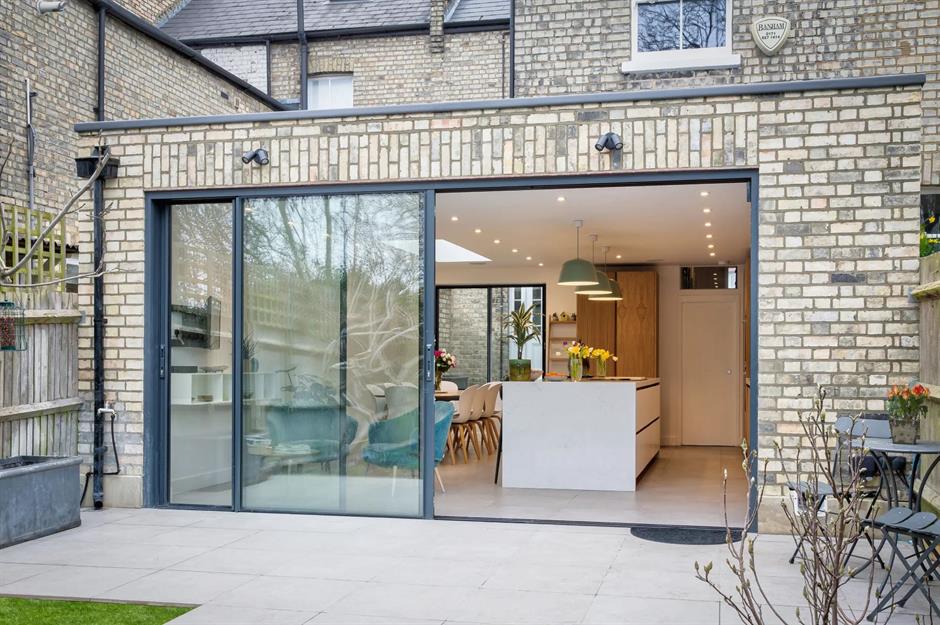
Whether it's a lack of space, rooms that don't work as intended or simply making your home warmer and more welcoming, there's a renovation to suit.
If you're unsure where to start, click or scroll for the most common projects: what they involve, their benefits, how much you can expect to budget for them and ways to save.
Before you start

Before you start any kind of renovation work, it's important you know what permissions you need and regulations you must adhere to. In the UK, there are several alterations you can make to your home under permitted development rights, however, more significant structural changes may require planning permission to be granted by your local authority. This process can take several weeks and submissions for alterations/extensions cost £258 in England and £300 in Scotland.
In addition, building regulation applications are needed for most construction projects, so it's best to consult a professional builder and/or architect who can advise you. Failing to do so may result in you being asked to take down your brand-new porch or extension and could infer serious safety issues.
Lastly, it's recommended that you inform your house insurance company of any renovation work you're undertaking, especially if rooms are changing purpose, i.e. a garage or loft conversion. It is also sensible to consult your insurance broker and be sure to hire a builder with suitable public liability insurance or arrange it yourself to cover any accidents.
Project: loft conversion
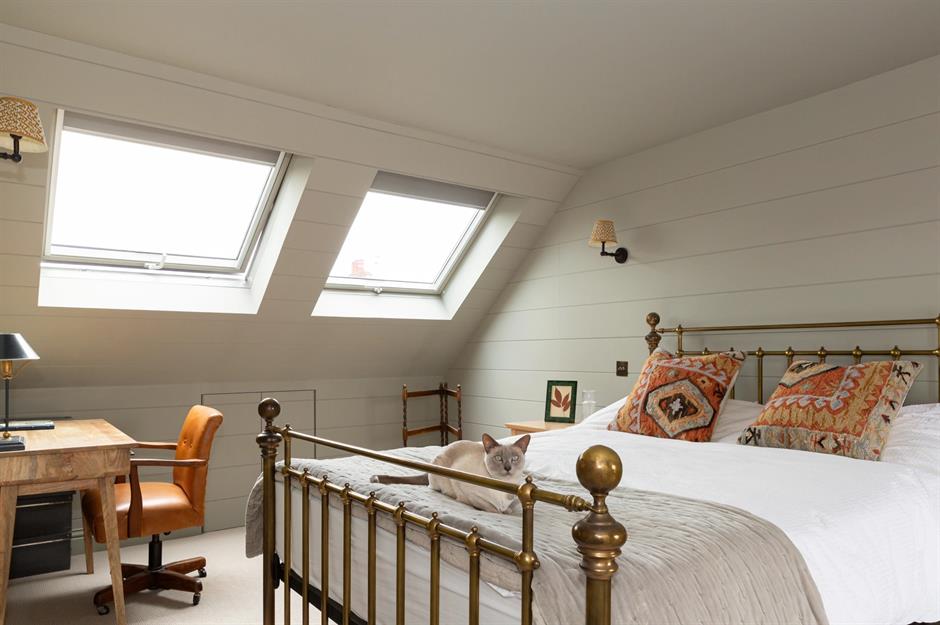
Converting your loft means you can turn an area that's usually used for storage into a liveable space. As an extra room in your home, it can become a bedroom, playroom, office, craft or hobby room or second lounge area. Add rooflights and your loft conversion space will be bathed in natural daylight, too.
How much does a loft conversion cost?

The average cost for a loft conversion can vary, depending on whether you're adding roof windows, how complex the project is and the location, style and size of your property.
According to Checkatrade, the average cost is around £50,000, although it may be as little as just over half that amount for a simple conversion. Likewise, the cost can increase if you're turning the space into a bathroom, for example.
Will a loft conversion add value to my home?

As they form an extra room without eroding your outside space, loft conversions are brilliant for increasing the value of your home. How much varies as to where you live, including the average maximum property prices in your area and what type of room your conversion is.
According to Unbiased, a loft conversion could add anywhere between 20-24.5% to your home’s value. It may also help save on your energy bills if you’re increasing insulation in the floor and roof.
Can I do a loft conversion on a budget?
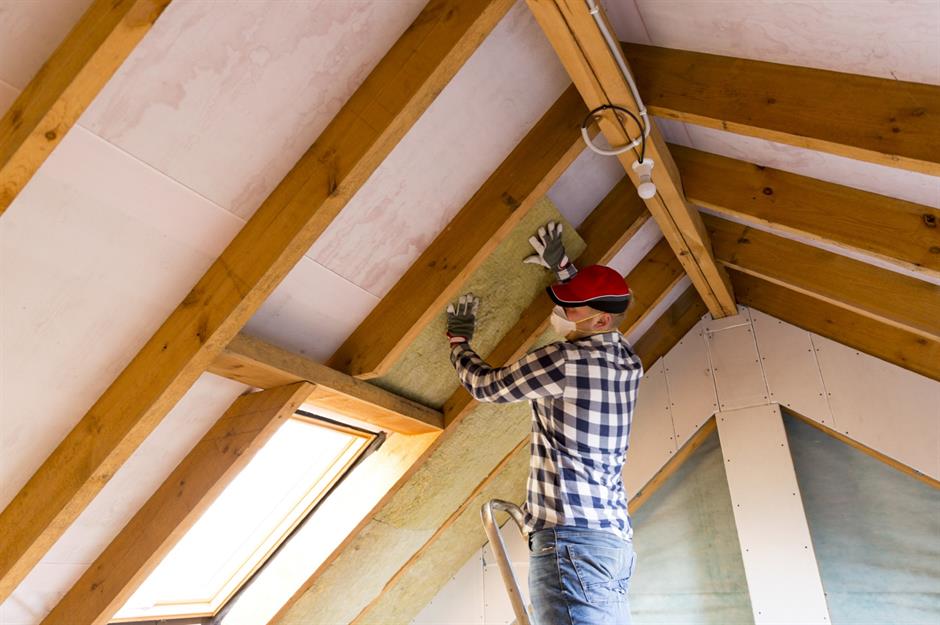
There are a few ways you can trim costs when converting a loft. For example, you could install the insulation yourself or manage the project if you have the time and experience.
It’s imperative to gain approval of building regulations before carrying out any work and certain types of loft conversion may also require additional planning permission, according to the Federation of Master Builders. Your builder, architect or loft conversion specialist will help you prepare building regulation plans and you can find registered tradespeople via the Competent Person Scheme. It's also a good idea to ask locally for recommendations or find tradespeople near you on reputable review sites.
Project: garage conversion
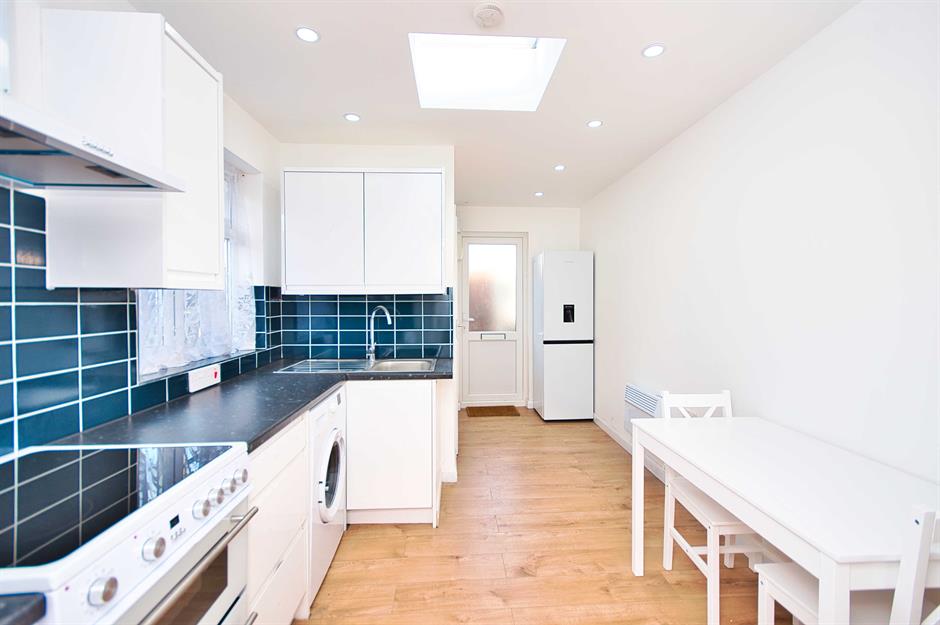
A garage is one of the most under-used assets of your home, meaning that converting makes it instantly more useful. Most are long and narrow, which can limit their use – although you can knock through, as this kitchen garage conversion demonstrates.
Keeping a garage separate could be the better option, as they're usually located away from the main living space. In multi-generational households, they're ideal as bathrooms or bedrooms or can work as offices, home gyms or utility rooms.
How much does a garage conversion cost?
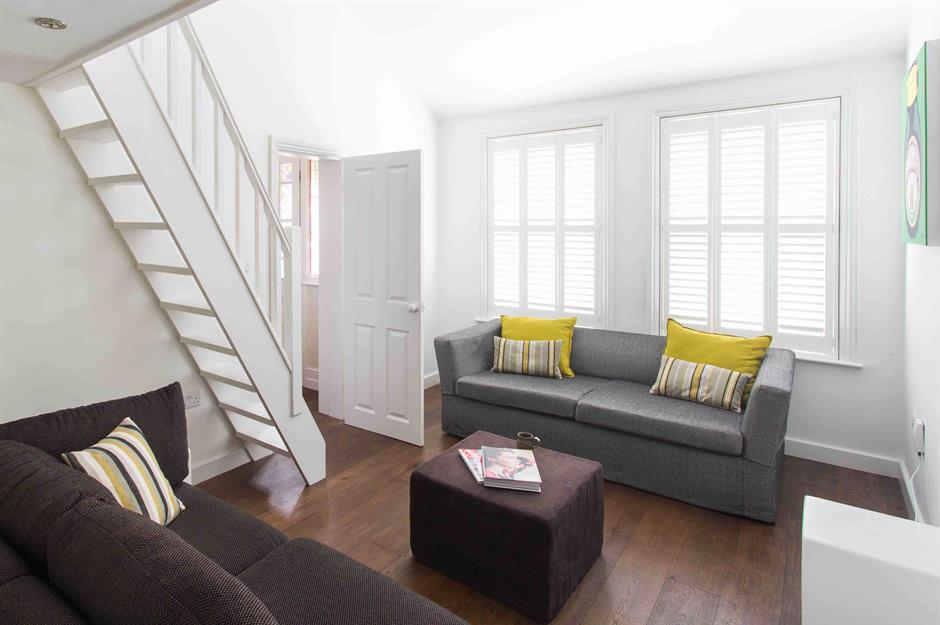
Garage conversions are one of the most cost-effective home improvements you can tackle. If you’re happy to clear it out or find a new spot for your car, it can cost between £10,000 and £20,000 to turn it into a liveable space.
Take on the project yourself and a conversion might only cost as little as £7,250, according to Checkatrade. The main expenses will be blocking up/replacing the garage door and installing windows, flooring and insulation.
Will a garage conversion add value to my home?

In terms of providing bang for your buck, a garage conversion delivers. Even though it’s one of the more affordable projects, it could add up to 20% of the value of your home – although it depends on the type of room you’ve created and the quality of the work, says Checkatrade.
That figure may be closer to 10% for home offices or playrooms. If the garage is attached to your home, the extra insulation may even result in savings on your energy bills.
Can I do a garage conversion on a budget?
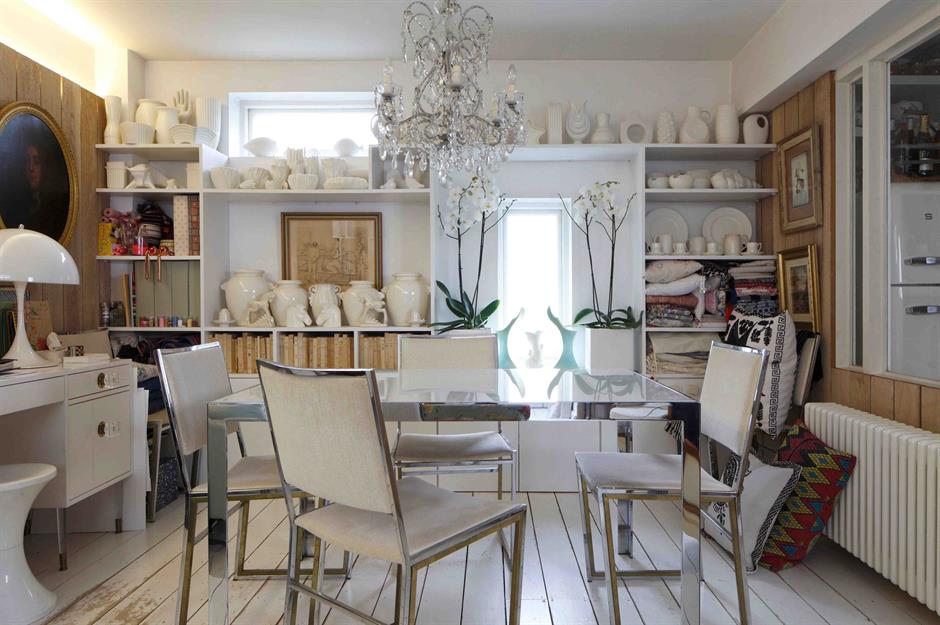
While hiring an architect or specialist company is a good idea for awkward conversions, if your project is straightforward, you can save by planning and overseeing the project yourself, employing a builder and other trades. However, check that your builder is a member of an accredited body, such as The Federation of Master Builders (FMB) for peace of mind. Another way to save is by decorating the new space yourself.
Furthermore, the FMB advises: "Planning permission for a garage conversion is not necessary in many cases, although it is always best to double-check with your local authority first." A garage conversion is also classified as a change of use, so your project will need to comply with current building regulations and your insurance and mortgage companies – if applicable – will also need to be informed.
Project: house extension
.jpg)
If there's no option to reconfigure the property you have, building an extension is a natural choice to gain more space. Popular options include side return extensions as well as to the rear, as shown by this extension by Plus Rooms. They're ideal for creating open-plan living areas, larger kitchens and additional bedrooms.
Why not have a look around your local area to get design ideas? The homeowner may even be able to recommend an architect or builder.
How much does a house extension cost?

Extending your home is one of the most expensive improvement projects but if you're struggling for space, it'll usually be more cost-effective than moving house.
The price can be affected by many factors, including your home's location, size and type of extension. Ease of building can also influence cost: the more straightforward an extension project is, the more affordable it'll usually be.
Checkatrade estimates an average cost of £48,000 to add a 20-square-metre-house extension.
Will a house extension add value to my home?
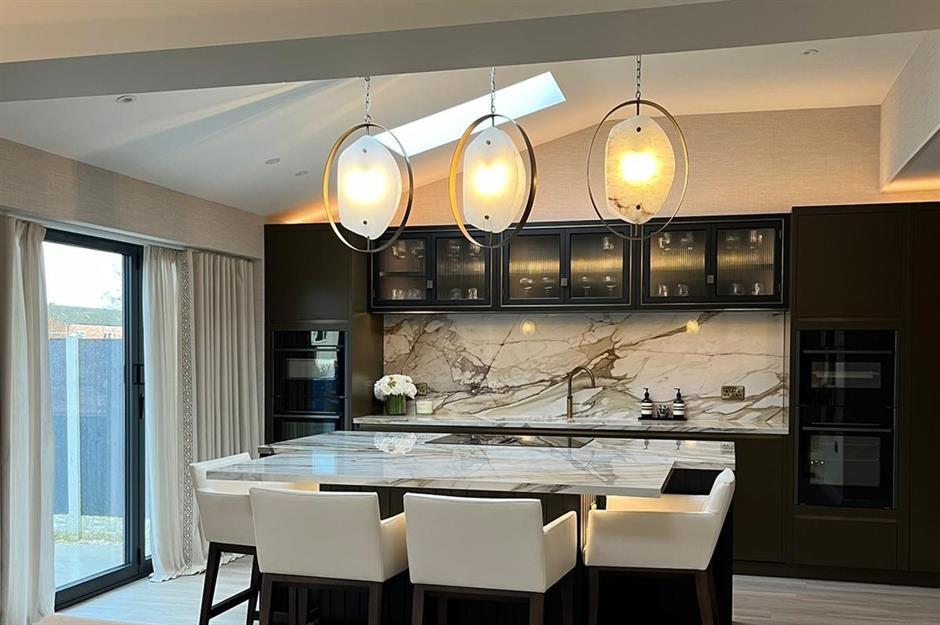
Investing in an extension may not increase the value of your home in line with its cost: estimates suggest it could only increase by between 10-20%.
However, the type of house extension can influence the added value, with kitchen extensions often making homes more appealing when selling. Plus, if you're replacing an old extension with a new one, your bills may be reduced thanks to improved insulation.
Can I do a house extension on a budget?
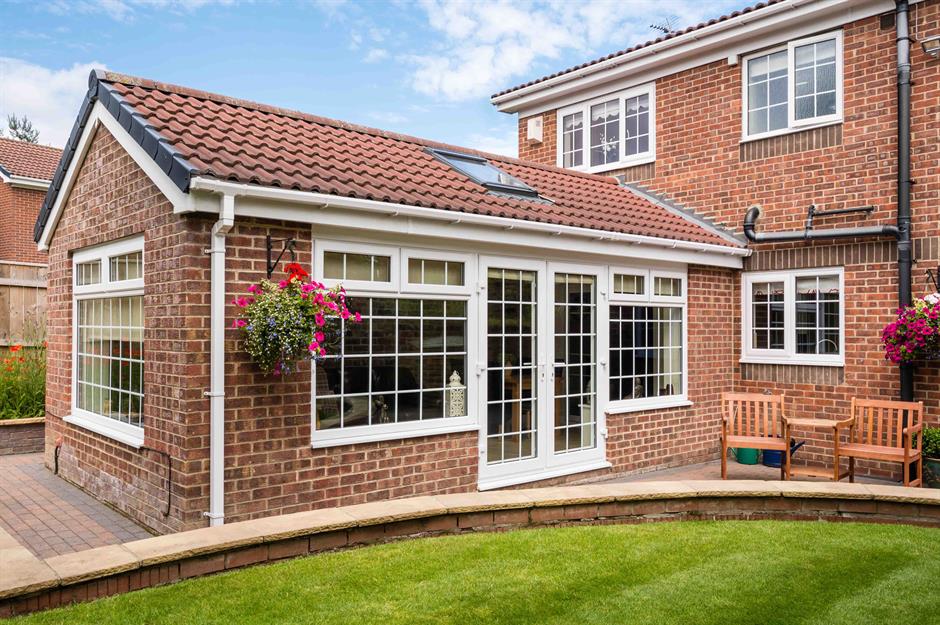
As well as being a pricey home renovation, a house extension is also the least suitable for taking on parts of it yourself, making it tricky to cut costs. It also goes without saying that in most cases both planning permission and building regulations will apply.
Don't be tempted to go straight for the builder with the cheapest quote. The best way to save is to shop around for fixtures and fittings and decorate it yourself, unless you have the appropriate skills and experience.
Project: kitchen renovation
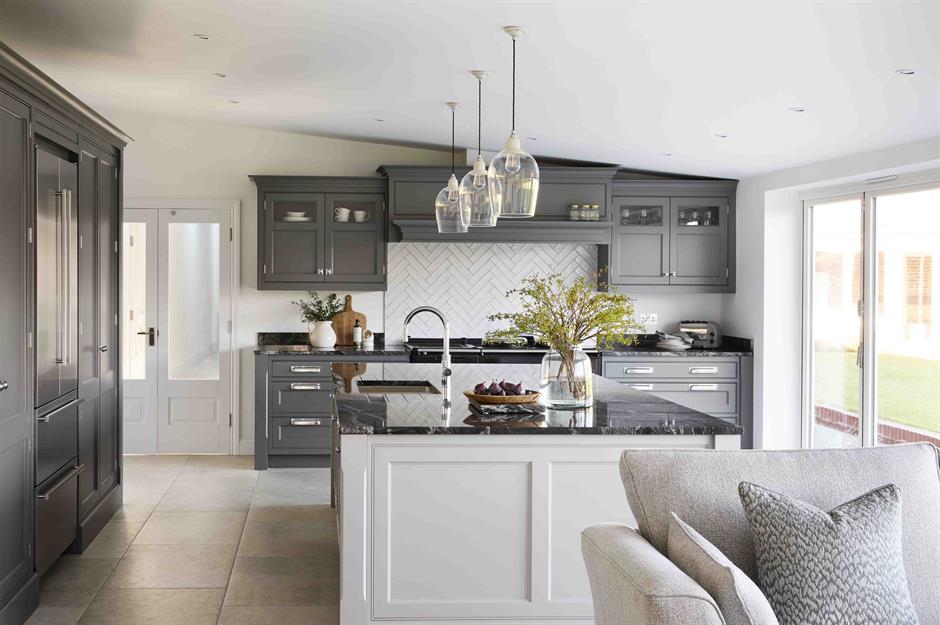
It's not just wonky drawers and tired appliances that prompt a kitchen renovation: a new kitchen can improve its flow and function, making it easier to cook and entertain friends and family. Choose an open-plan design and it's more sociable, too.
However, fitting a new kitchen can be disruptive. It can take anywhere from a few weeks to a few months as there are several specialist trades involved and a specific order of work.
How much does a kitchen renovation cost?
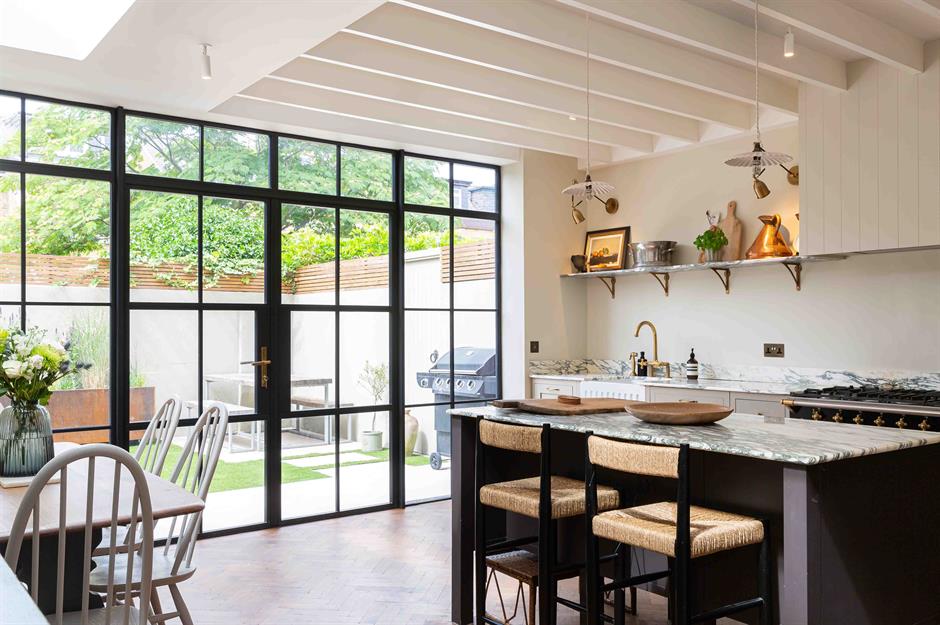
How much money you'll need to budget for a kitchen renovation will depend largely on the size of the space and its layout.
Replacing like for like tends to be the most cost-effective as there's no need to move services. Excluding any building work, cabinetry will be the largest expense, followed by worktops and appliances. However, consider going straight to the wholesaler for worktops to ensure the retailer's profit stays in your own pocket.
The average cost of a budget kitchen is around £6,200 according to Checkatrade, which can increase to £35,000 and upwards for a bespoke design.
Will a kitchen renovation add value to my home?
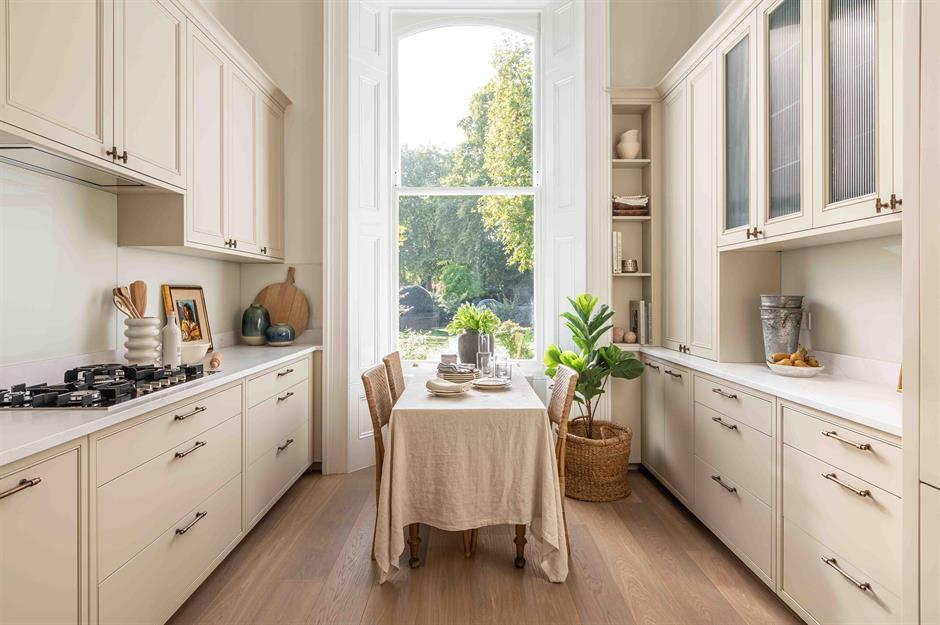
While the cost of a kitchen renovation may not add the equivalent value to your home – Checkatrade estimates it to be around a 6-8% bump – if you're selling your property, a newly renovated kitchen adds buyer appeal.
However, there are savings to be found in the new kitchen itself: more efficient appliances can trim energy bills, while a new floor with improved insulation can help keep your home warm.
Can I do a kitchen renovation on a budget?

If you're an experienced DIYer, it's possible to fit a kitchen yourself to save money, but for most, it's best to call in a pro: a pricey kitchen badly fitted can look cheap, while an affordable one that's well-fitted appears more premium.
However, there are tasks you can take on, such as designing the layout – although most kitchen companies will do this for free of charge, removing the old kitchen and managing the different trades needed, such as a plumber, fitter, electrician and, if applicable, a Gas Safe Register engineer.
Other ways to keep costs down are to consider purchasing a second-hand or an ex-display kitchen. Also, by getting several quotes on like-for-like designs from different retailers, you can often use these as bargaining tools to drive down prices on your most desired kitchen.
Project: bathroom renovation
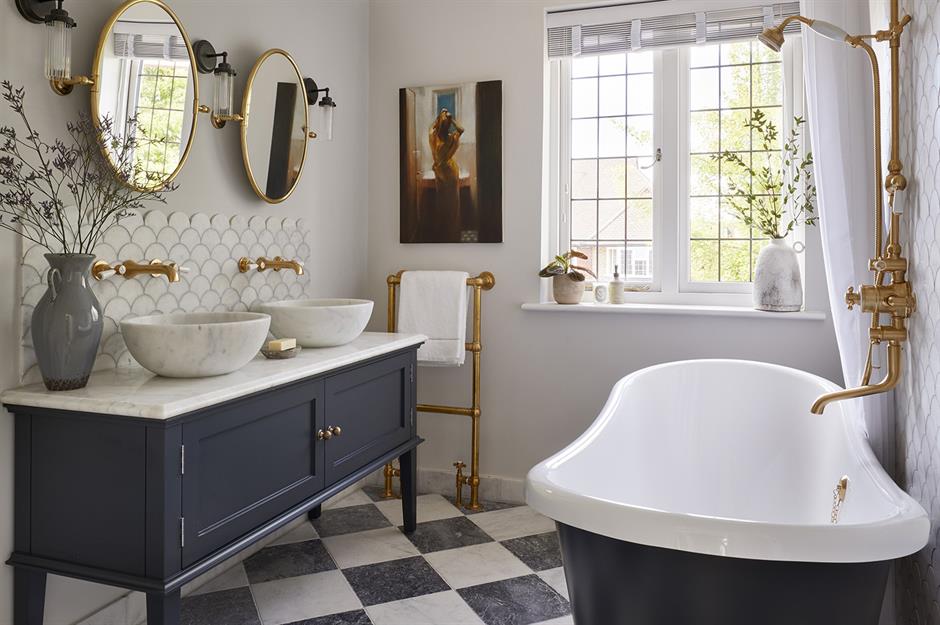
There are lots of good reasons to renovate your bathroom. Not only can getting rid of a tired or dated suite make your home instantly more appealing, but reconfiguring the space ensures that it's more of a pleasure to use.
If space allows, a freestanding bath will add a layer of luxury, while some homeowners may prefer to incorporate a walk-in shower, making it more accessible for all ages.
How much does a bathroom renovation cost?
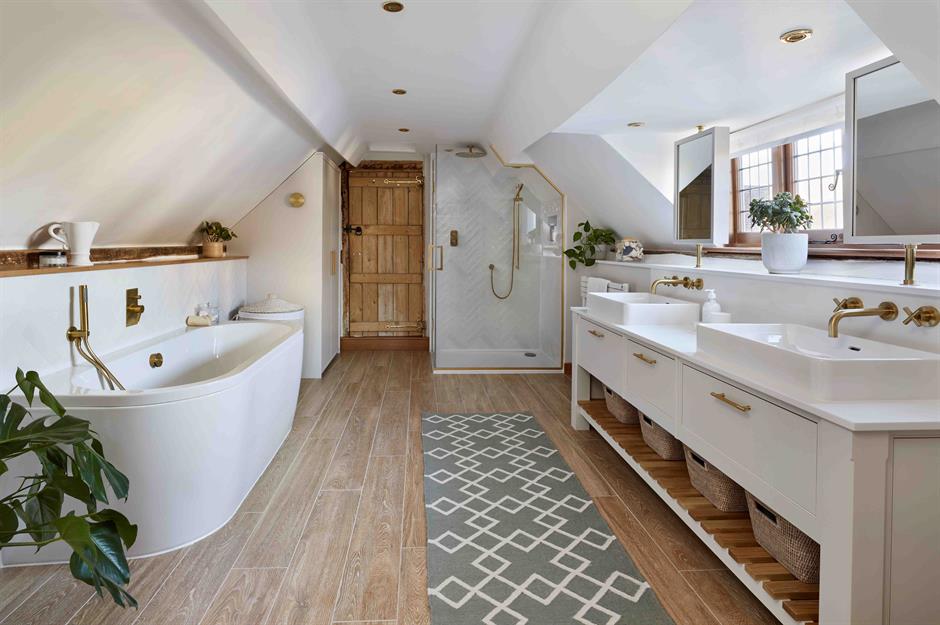
Just like kitchens, bathroom renovations vary in cost, depending on the room itself, the fittings and fixtures chosen, and the complexity of the project.
Bathrooms in a new space and bespoke designs will be at the most expensive end of the scale. However, the average cost of a bathroom renovation is around £5,000, according to Checkatrade. This rises to £10,000 plus for larger rooms and high-end projects.
Will a bathroom renovation add value to my home?
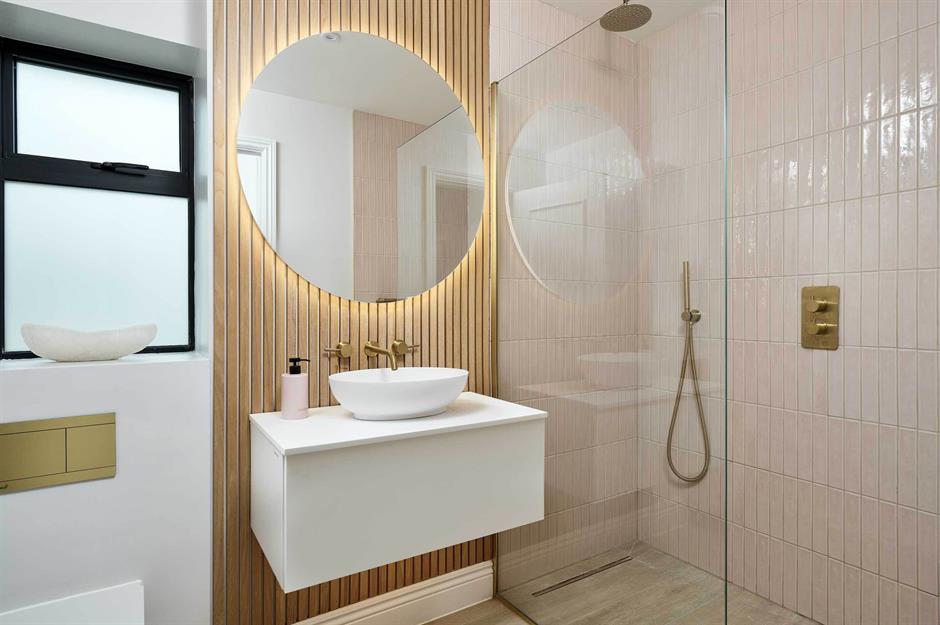
It's tempting to think that a new bathroom is a no-brainer when it comes to adding value to your home. However, whether it will or not depends on a few different factors, including whether the rest of the property is in good shape, the quality of the design and finishes, and accessibility and functionality.
If all these are covered, you can expect an uplift of 3-5%, according to Zoopla, which could make an affordable bathroom renovation a good investment.
Can I do a bathroom renovation on a budget?
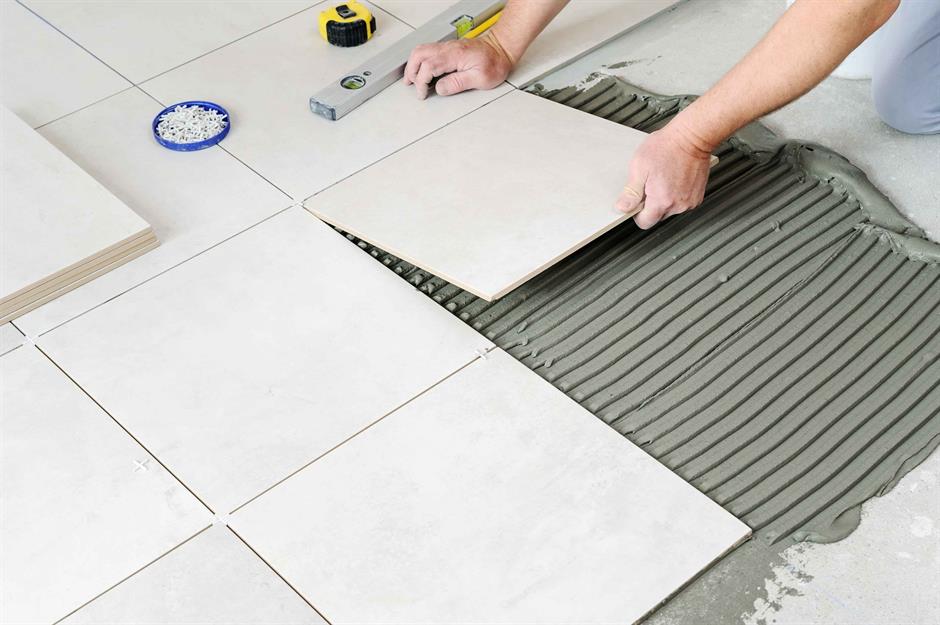
Depending on your level of DIY expertise, there are a few ways you can save money on a bathroom renovation by doing the jobs yourself. These can include decorating, shelving and fitting a shower screen.
However, unless you have the experience, tools and skill, it's best to leave complex elements, such as plumbing and tiling, to the experts.
Project: solar panels

If you're keen to reduce your energy bills and go green, solar panels mounted on your roof can be a great way to do it. Each one is made from cells that convert the sun’s energy into electricity, which you can use to power your home.
They're best for those with larger roofs, roofs that mostly face south, angled roofs and roofs unshaded during peak sun hours, but there are still benefits for other properties.
How much do solar panels cost?
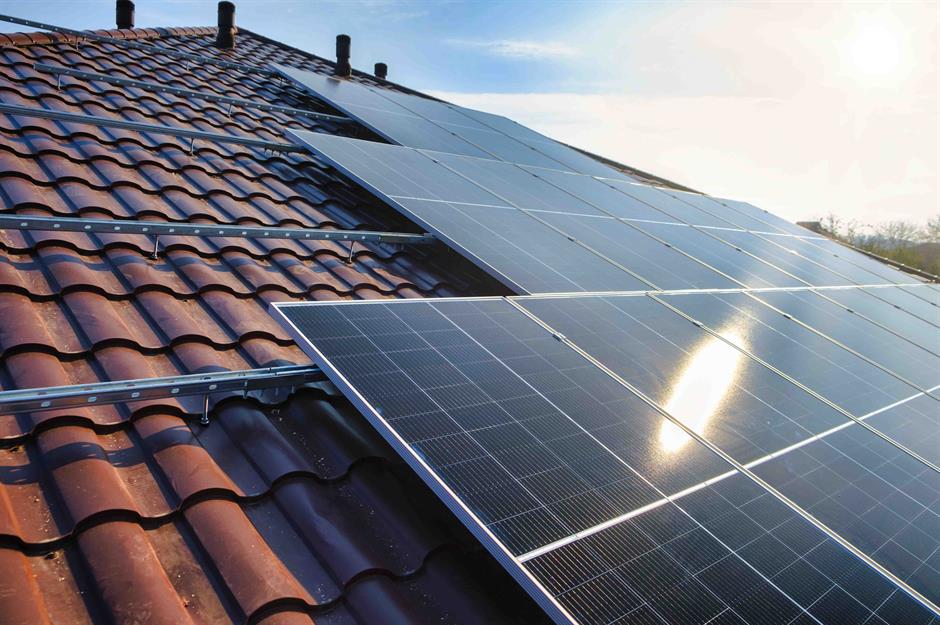
The price of solar panels depends on the type and size of the system you choose, with those providing a higher power output costing more.
In the UK, the most common size is a 4kW system, which could generate the average annual energy use of a three-bedroom house and would cost around £9,000, says The Eco Experts. Add in a battery – giving you the ability to store energy rather than wasting it – and you can add another £4,500 to the cost.
Will solar panels add value to my home?
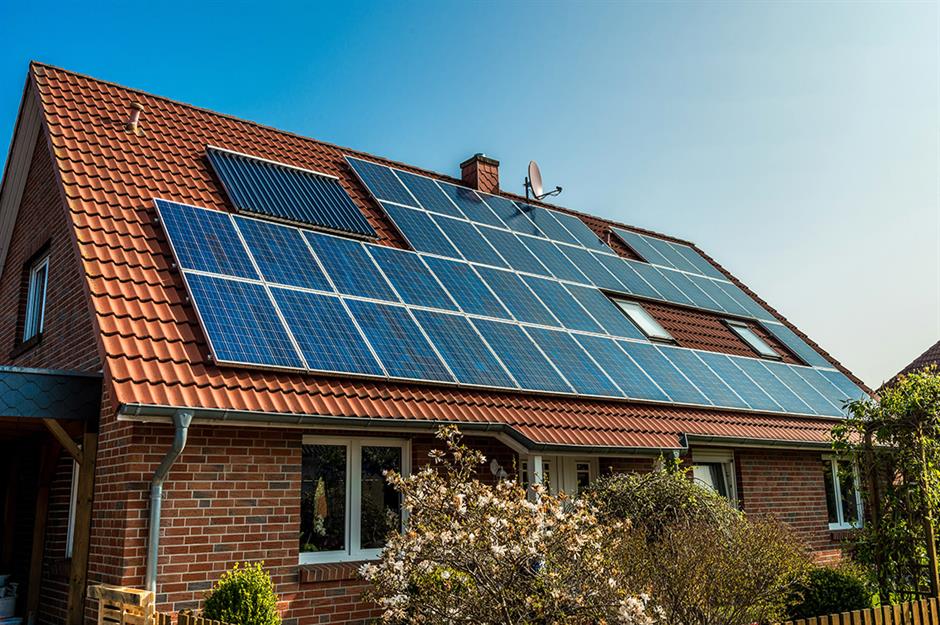
The jury is still out on whether solar panels add value to your home: some estate agents say no, while others estimate 4-14%. With most systems costing £6,000 to £10,000, it will depend on how much you sell your house for as to whether you see a comparable return on investment.
However, solar panels can help with savings on your bills, especially if you include a battery to store excess solar energy. If not, you can be paid for supplying surplus power back to the National Grid via the SEG (Smart Export Guarantee) scheme.
Solar panels also increase your EPC rating by up to two bands, according to Energy Smart, which is likely to make your property more attractive when coming to sell. This could even make your home eligible for a 'green mortgage', which rewards you for living in an energy-efficient home – EPC rating A or B – with either cashback or a better interest rate.
Can I install solar panels on a budget?
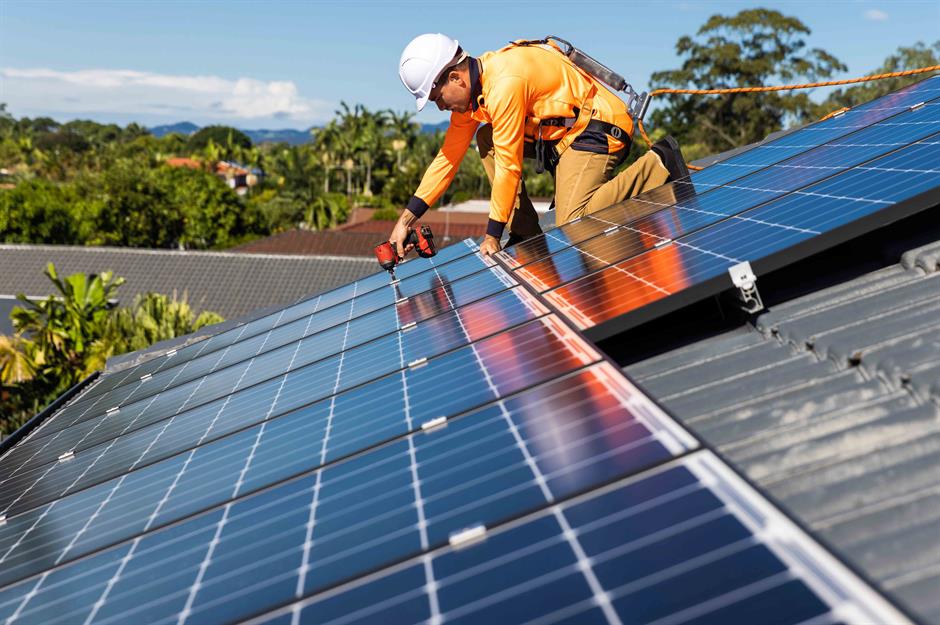
Around 10% of the cost of solar panels is installation. It's inadvisable to attempt to install panels yourself as standard house roofs can be dangerous and professionally installed scaffolding is recommended. There can also be paperwork to qualify for incentives, permits and support, so you may need a pro installer and electrician for it.
In the UK, installers and panels must be certified by the Microgeneration Certification Scheme, which can also help you find a contractor. You could also ask locally for recommended installers and be sure they offer a warranty and insurance.
Project: air source heat pump

Air source heat pumps extract heat from the air, then raise it to a higher temperature using a compressor. This means you can use it to heat your home through radiators, heaters or underfloor heating.
The big plus is that they're energy-efficient – they use less electricity to run than the heat produced – and will even work in sub-zero temperatures. However, you'll need to have a suitable space for them to live outside your home and your property will need to be well-insulated to feel the maximum effects. Therefore, they are better suited to certain property types than others such as modern houses with optimum energy efficiency. Learn more about heat pumps at Hartswood Heating.
How much does an air source heat pump cost?
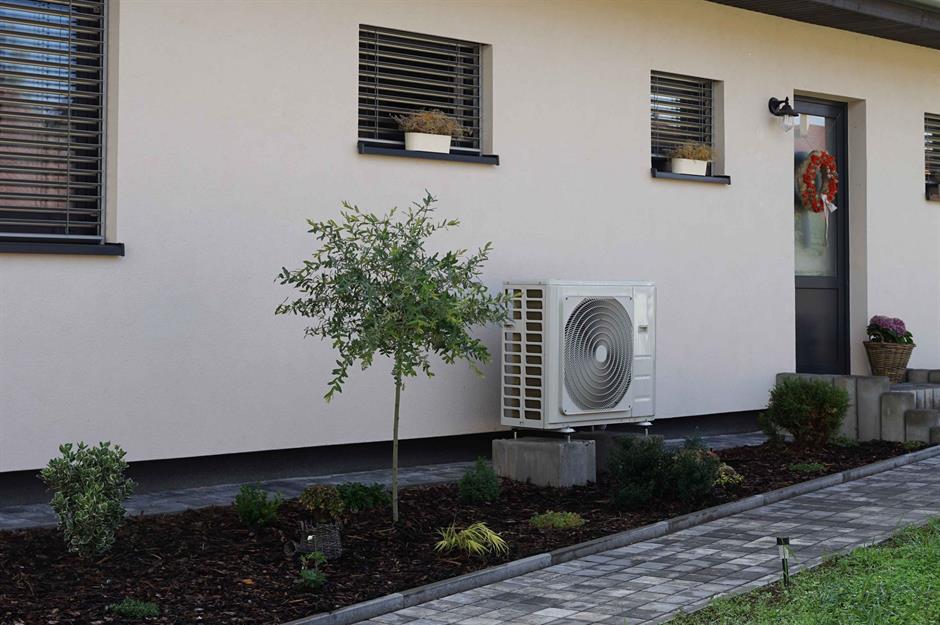
As air source heat pumps (ASHP) are renewable energy, the UK Government offers grants to offset the cost. This can be a contribution of up to £7,500 towards the expense of installing a heat pump to replace your gas, oil or electric boiler system. Known as the Boiler Upgrade Scheme, it has recently been extended until 2028.
According to The Eco Experts, the average cost to supply and install an air-to-water heat pump is around £10,000. Therefore, minus the Government grant, the total cost is comparable to installing a new gas boiler in a three-bedroom home but is more energy-efficient and eco-friendly.
Will an air source heat pump add value to my home?
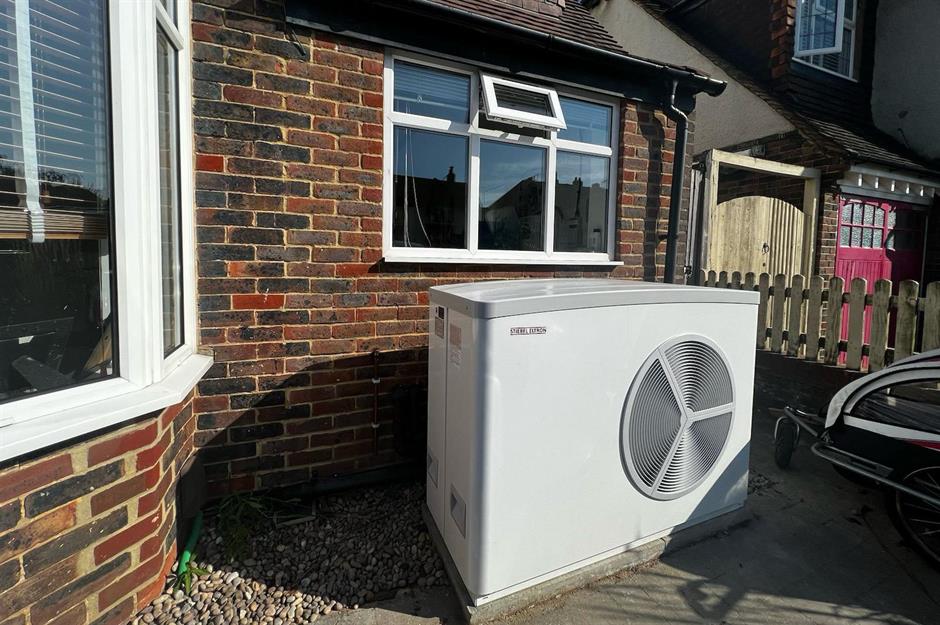
Air source heat pumps may not add to your home's value as such but are best thought of as a modernisation rather than a value addition.
How much an ASHP will help you save on your energy bills depends on the system you're replacing. For example, if you're upgrading from a gas boiler, it could be as little as £8 or as much as £385, annually.
If, however, you've been reliant on electric storage heaters, the saving may be a more significant £830 to £1,100, says Checkatrade.
Can I install an air source heat pump on a budget?
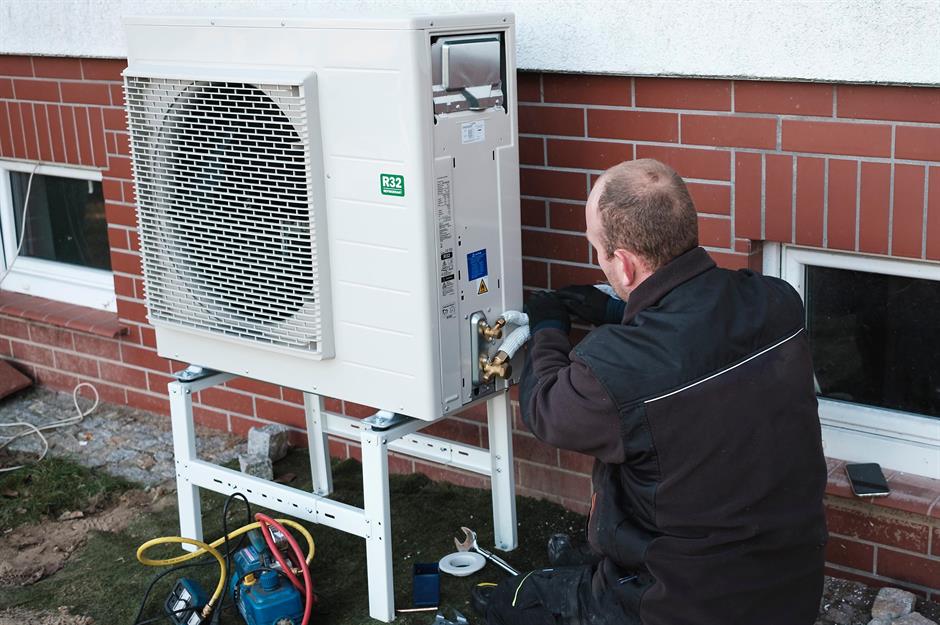
As your ASHP will be your source of heating in the cooler months and part of your home for a long time, it's vital to make sure it’s installed properly. Look for an MCS-accredited (Microgeneration Certification Scheme) heat pump installer, check their reviews and ask to see previous installations.
Other than making sure you qualify for the Boiler Upgrade Scheme grant and obtaining multiple quotes, installing an air source isn't a project you can cut costs on, but is certainly a better value option than replacing your clapped-out boiler and will last a lot longer, too.
Project: underfloor heating

There are two types of underfloor heating, known as wet (warm water-filled pipes) and dry (electric matting), both of which are fitted below your flooring. Both diffuse warmth gently through the floor, keeping the room at a constant pleasant temperature.
Generally, wet systems are more expensive and disruptive to fit, but more economical to run over time, whereas electric matting tends to be cheaper to buy and fit but can be more costly to use. It's also worth noting that installing wet system piping will significantly raise the floor level which may disrupt the flow between rooms.
How much does underfloor heating cost?
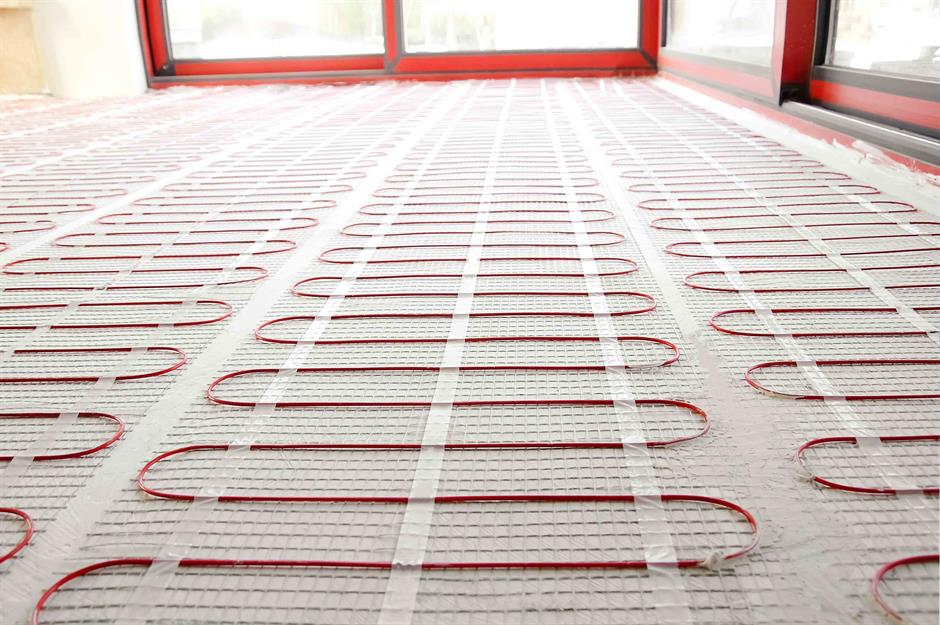
How much underfloor heating will cost depends on the size of the room and the type of system chosen. It may not need to cover the whole surface of the room, though: if you're installing it in a bathroom or kitchen, for example, it won't be fitted below where cabinets, shower enclosures or baths are, just the floor space you can walk on.
According to Checkatrade, an electric system can cost £60-85 per square metre and a water pipe system, £135-185 per square metre, when renovating. You will then need to consider the flooring type you're installing over the top of the UFH – hard surfaces like stone or ceramic tiles and engineered wood are the most thermally conductive so will transfer the heat effectively.
Will underfloor heating add value to my home?

Underfloor heating is an investment, which can be disruptive to install. However, the benefits may be worth it: it's energy efficient and adds appeal to your home as it's seen as a luxury.
Whether it will add value to your property will depend on the system chosen and its running costs. For example, according to Beama, a UK trade association, warm water UFH is around 25% more efficient than radiators when paired with a modern condensing boiler, due to the lower temperature required. Underfloor heating also pairs efficiently when an air source heat pump is installed.
Can I install underfloor heating on a budget?
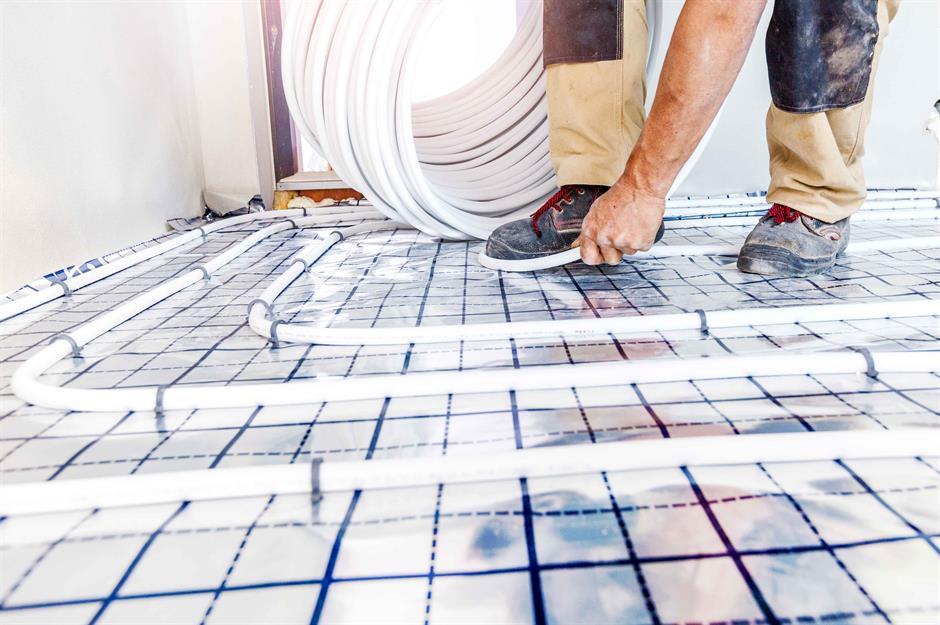
While you can install both types of underfloor heating yourself to save on its cost, you will need to hire a professional to make the final connections and check they have been installed safely. Plus, if things go wrong it can be costly to rectify, so it's probably sensible to enlist the help of a qualified installer from the off.
Loved this? Check out more renovation, DIY and decorating advice
Comments
Be the first to comment
Do you want to comment on this article? You need to be signed in for this feature